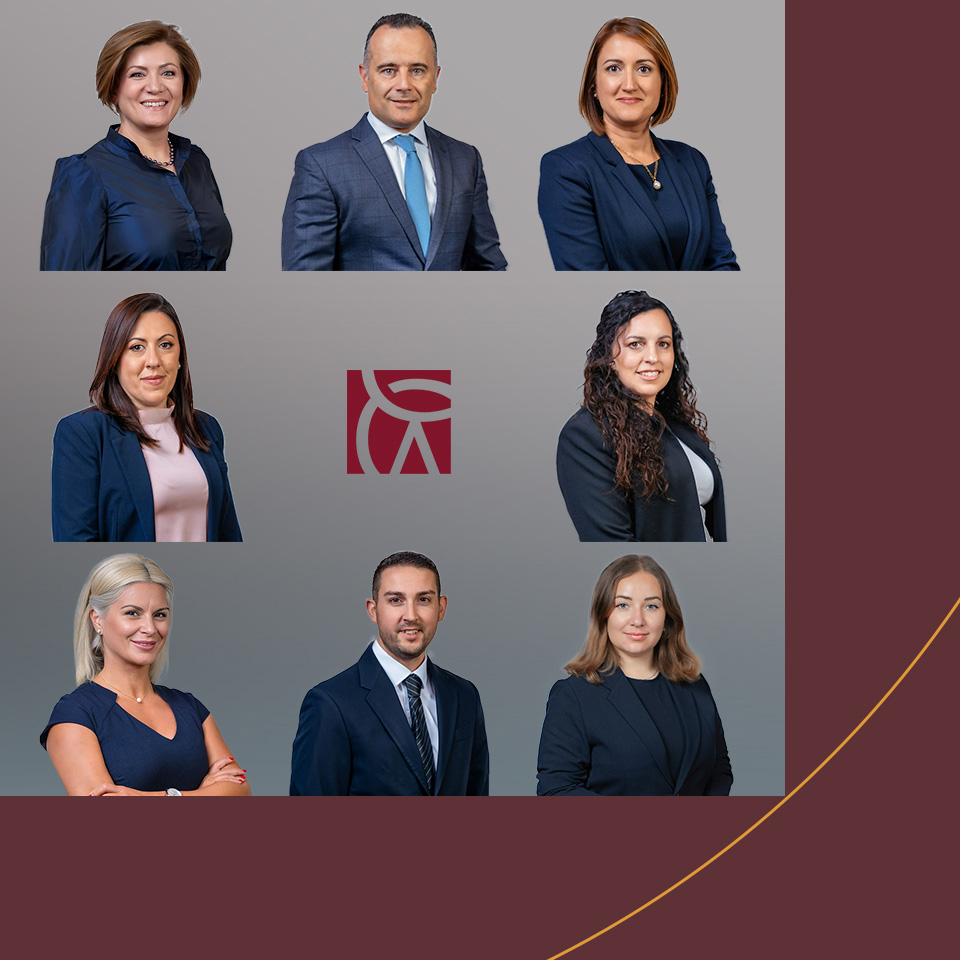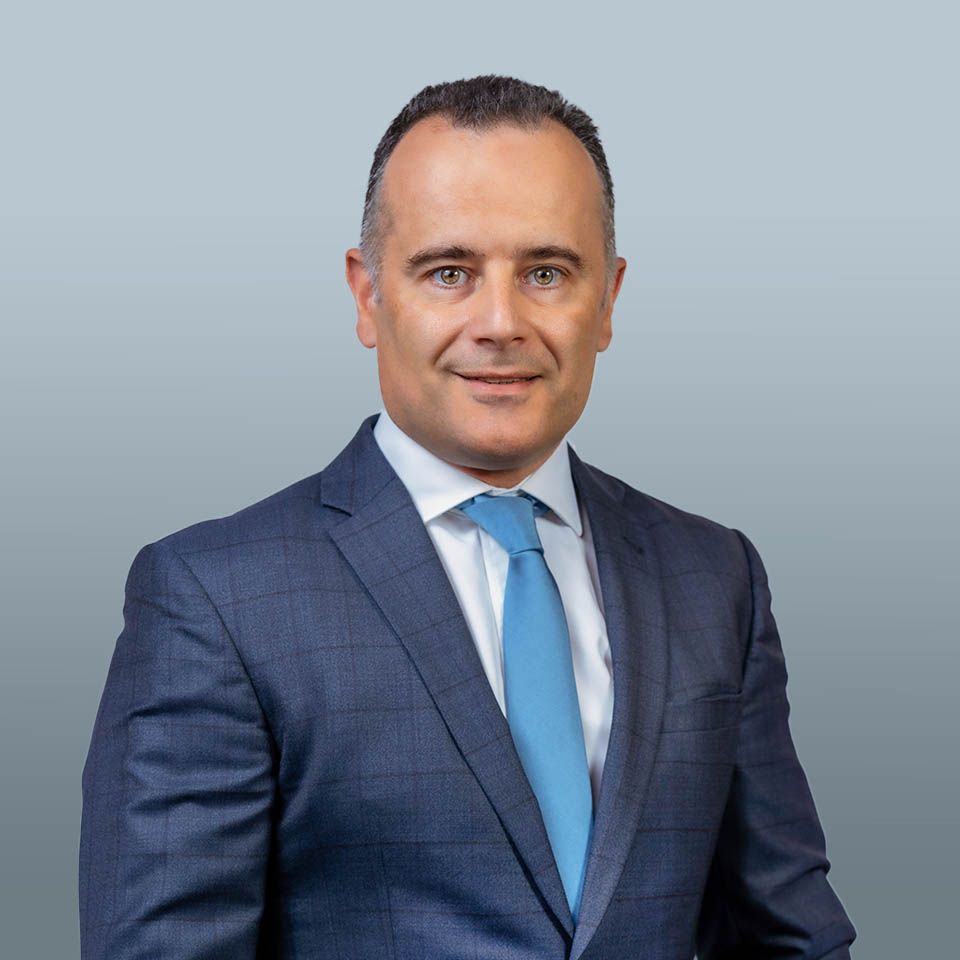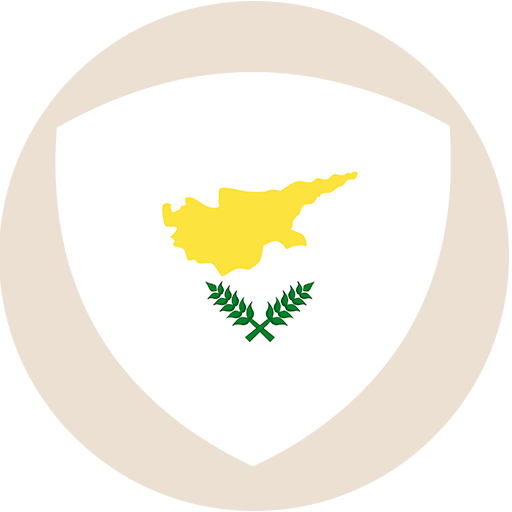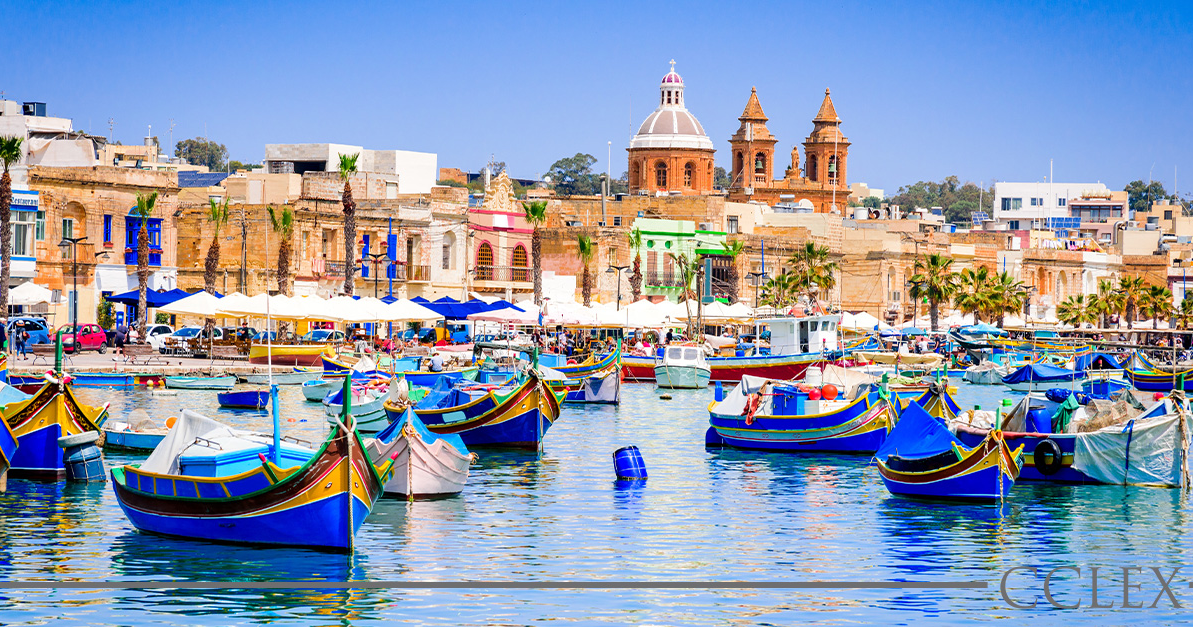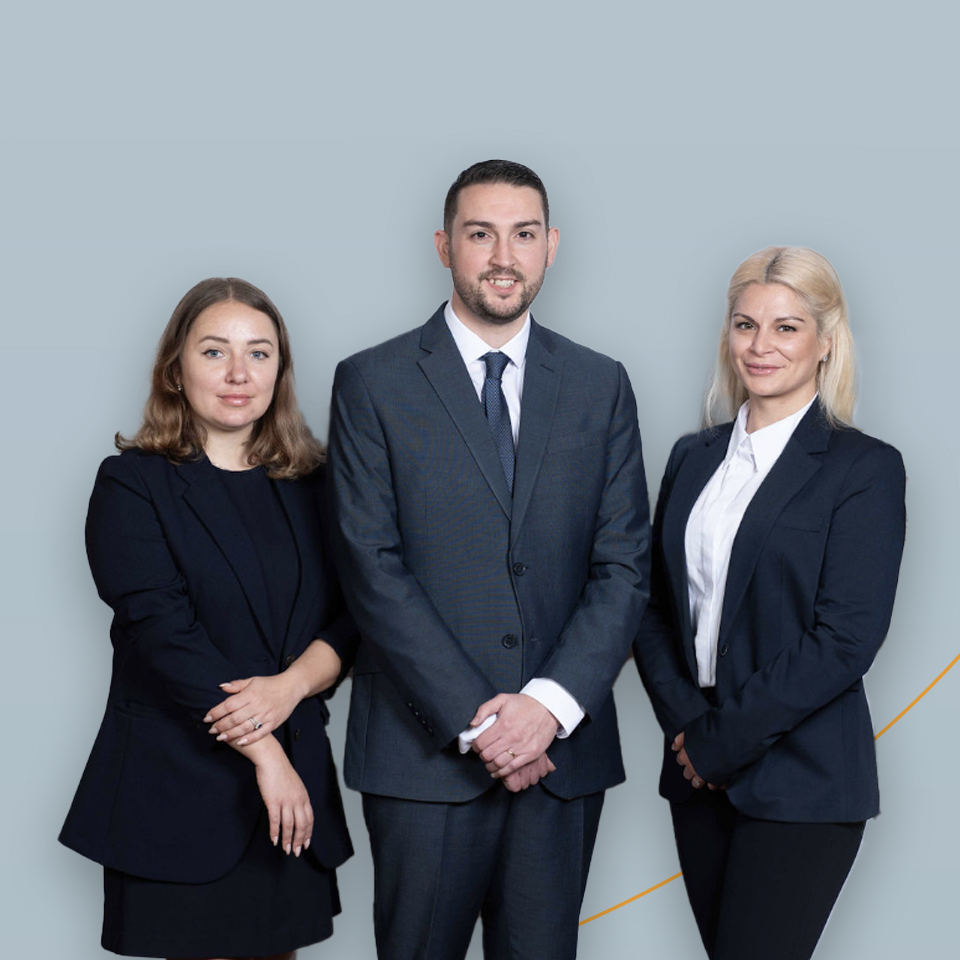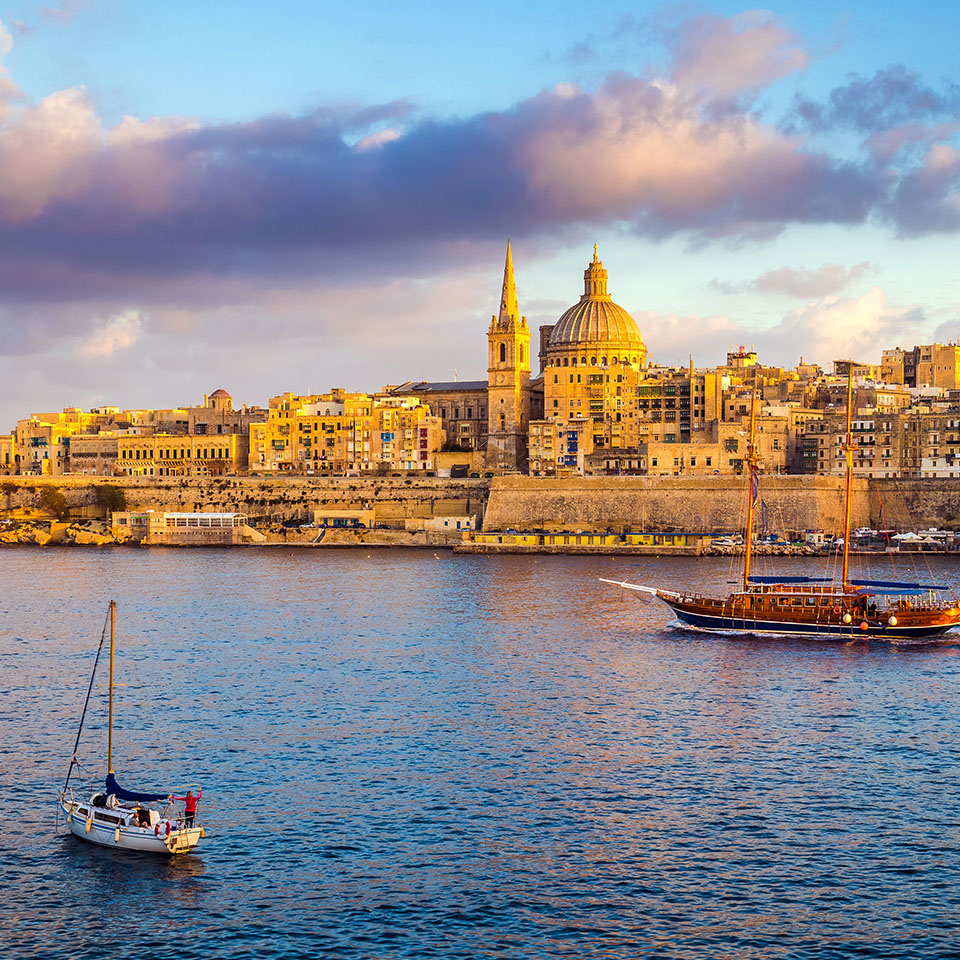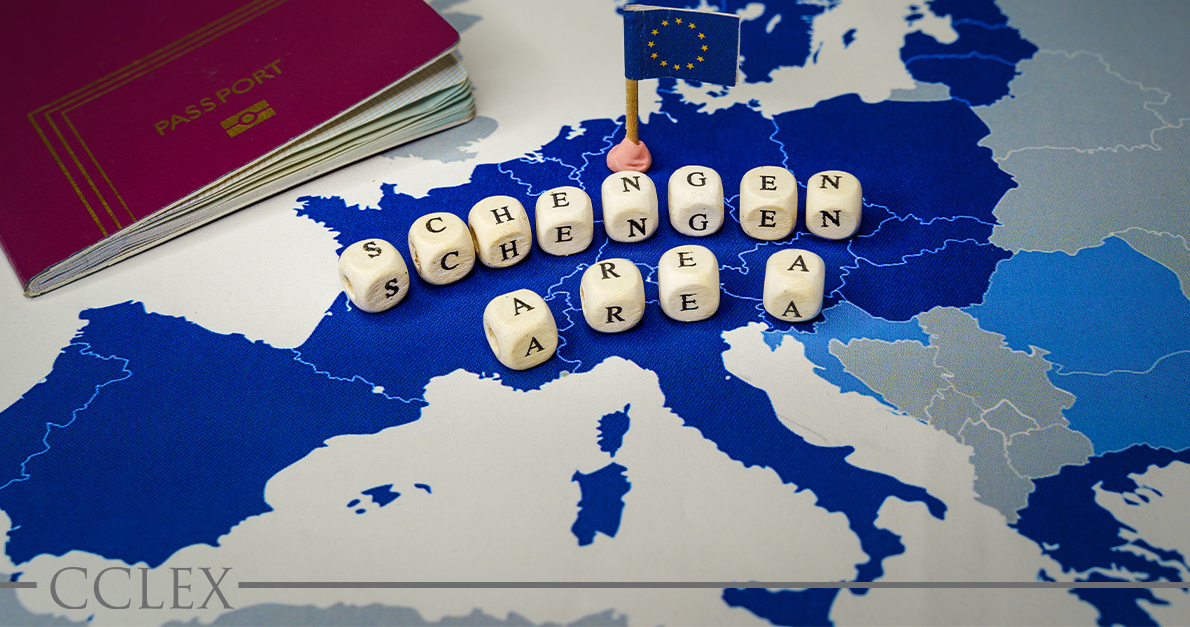The Residency by Investment practice at CCLEX Global supports high-net-worth individuals and their families in securing temporary or permanent residency through government-approved investment programmes. We provide objective, multi-jurisdictional advice and manage the entire process with discretion, precision, and efficiency.
What is Residency by Investment?
Residency by investment is a legal pathway that allows foreign nationals to acquire the right to reside in a country by making a qualifying investment. These programmes are designed to attract international capital, talent, and entrepreneurship, while offering investors access to secure, strategically located jurisdictions.
Investment routes may include:
- Real estate acquisition
- Investment in financial instruments or government bonds
- Business establishment or job creation
- Contributions to national development funds
Residency may be granted on a temporary or permanent basis, depending on the jurisdiction and investment type.
Why Clients Choose Residency by Investment
Our clients pursue residency by investment for a range of strategic reasons:
- Global Mobility: Residency in a Schengen or Commonwealth country enables visa-free travel across entire regions.
- Family Security: Residency offers a stable environment for families, with access to healthcare and education.
- Business Expansion: Residency rights often include the ability to establish and operate businesses in the host country.
- Real Estate Access: Investors gain the right to purchase and manage property in high-growth markets.
- Pathway to Citizenship: In some jurisdictions, long-term residency may lead to naturalisation and full citizenship.
Most programmes allow the inclusion of spouses, children, and dependent parents, extending the benefits of residency to the entire family.
Our Multi-Programme, Global Approach
CCLEX Global is a government-authorised, multi-programme provider offering access to a curated portfolio of residency by investment programmes across Europe, the Middle East, and other strategic regions.
We provide:
- Programme comparison and eligibility assessments
- End-to-end application management
- Concierge-level support for families and executives
- Integration with tax, real estate, and wealth planning strategies
Our advisors work closely with clients and their representatives to ensure that residency planning is aligned with broader personal and commercial objectives.
Why CCLEX Global?
Our firm combines the personal attention of a boutique practice with the reach and expertise of a global advisory group. We are trusted by private clients, family offices, and professional intermediaries for our discretion, technical depth, and results-driven approach.
We have played an active role in shaping the global investment migration landscape and continue to advise governments, institutions, and private clients on the future of strategic relocation.
Residency by Investment Services
